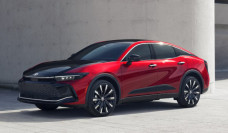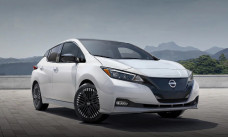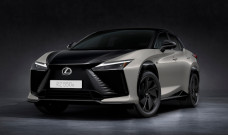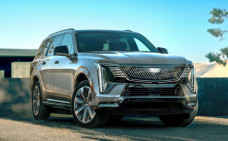Volkswagen boosts its planned investment in Rivian, but funding is tied to key milestones in their joint venture.
VW and Rivian Strengthen Ties with $5.8 Billion Investment
Volkswagen Group has raised its planned investment in Rivian Automotive to $5.8 billion for a new joint venture aimed at advancing electric vehicle (EV) technologies. However, this financial support isn't guaranteed upfront; Rivian must meet several key milestones before accessing the full amount.
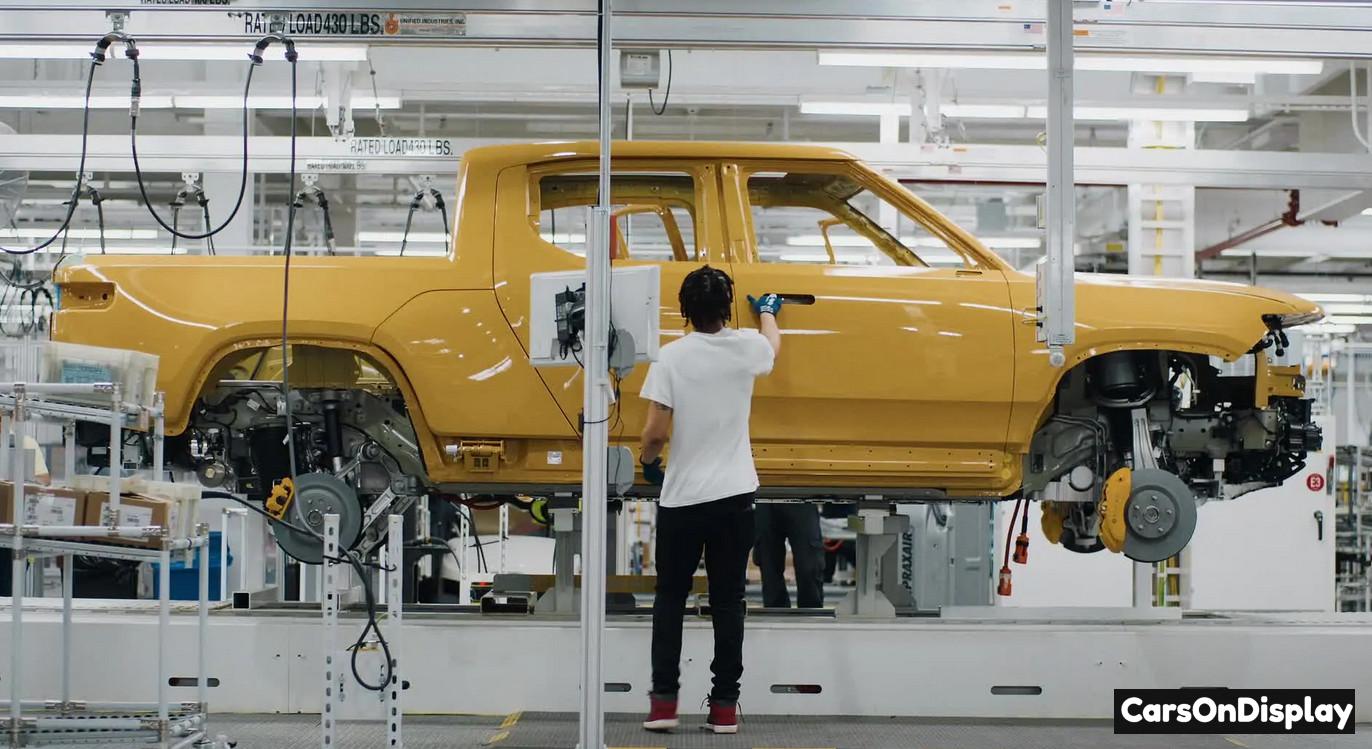
The partnership aims to leverage Rivian's innovative tech for a next-generation EV platform, while providing Volkswagen with software solutions to enhance its range of vehicles. This collaboration is expected to help Rivian ramp up production and enter new markets while also supporting VW’s push towards EV development across its brands.
The Investment Structure: Milestone-Driven Funding
The $5.8 billion investment will be split into several stages, based on Rivian achieving specific goals:
2024 Funding: Rivian is set to receive $2.3 billion this year. This includes a $1 billion convertible note, already partially converted into equity, and an additional $1.3 billion in cash tied to the formation of the joint venture.
2025 Equity Milestone: Rivian can access another $1 billion in equity if it achieves either two nonconsecutive quarters of $50 million in gross profit or two consecutive profitable quarters. This benchmark highlights the importance of profitability in securing future funding.
2026 Investment and Loan Option: A further $1 billion will be provided if Rivian successfully completes winter testing of the joint venture's new technology. Additionally, Rivian has the option to draw a $1 billion loan, repayable over 10 years, with interest starting only in 2029.
2027/2028 Final Equity Funding: Rivian stands to gain $460 million in equity upon the production of the first VW vehicle using the joint platform technology. This equity will be issued at a premium, reflecting confidence in the developed technology.
A Long-Term Vision with High Stakes
While the joint venture appears promising, both companies have faced challenges in previous collaborations. Rivian and Ford Motor’s partnership dissolved just two years after it began, and VW’s earlier deal with Ford on autonomous vehicles also fell through.
Volkswagen's restructuring efforts, which include significant cost-cutting measures, add another layer of uncertainty. Despite this, VW and Rivian have ambitious plans, with the joint venture expected to employ around 1,000 people and lay the foundation for scalable EV production.
Shared Costs and Savings for a Sustainable Future
Through 2028, Volkswagen will cover 75% of the joint venture’s shared platform costs, reducing Rivian’s financial burden. From 2029, VW plans to contribute an extra $100 million annually to further offset costs for Rivian. The collaboration is also expected to yield significant savings by pooling resources for shared components like electronic control units.
Volkswagen’s increased investment in Rivian highlights the growing importance of strategic partnerships in the rapidly evolving EV market. However, the success of this deal hinges on Rivian's ability to meet its financial and technological targets. If successful, the joint venture could provide a significant boost to both companies, paving the way for innovative electric vehicles and expanded market presence.



